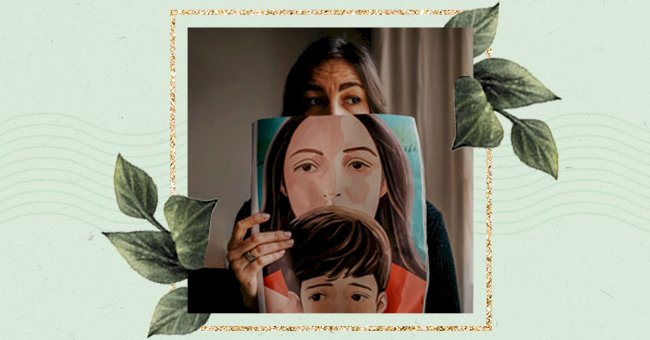
10 Signs You May Have Experienced Emotional Abuse As A Child
It's hard to recognize and accept that you might have experienced emotional abuse as a child. But it's even harder to turn a blind eye to it and avoid the only way out of trauma: the healing part.
It took me nearly 30 years to finally recognize and admit that I suffered emotional abuse in my upbringing. This wasn't a recurrent subject to talk about, so I've lived my life all this time thinking that the psychological abuse I've experienced was normal.
The lineage of emotional abuse in my family comes a long way. My mother's behavior was abusive because her mother was emotionally abusive as well. While I couldn't go back in time and change the dynamic present in my childhood, I could identify the patterns and heal my wounds. If you think you might've gone through emotional abuse as a child, here are ten signs of being aware of it.
You Have Low Self-Esteem

Photo by Toa Heftiba on Unsplash
Someone who has been constantly criticized, exposed to verbal punishment, and belittled by the people (most of the time, parents) who are supposed to nurture us with love and kindness, may affect you as an adult. You might find yourself questioning and doubting your competence and often feeling worthless.
Emotional Repression

Photo by Ali Tareq on Unsplash
Ignoring a feeling is a way of not having to deal with it. Children learn to repress their emotions as a coping mechanism under extreme circumstances. Emotional repression is an involuntary coping response to survive the pain of the emotional attacks.
You Might Develop Co-dependency

Photo by Nico Marks on Unsplash
You develop codependency if you've developed some attachment to the abuser, and you might need their approval to feel worthy. And on the other side of the spectrum, the abuser needs you just as much to boost their own self-esteem, perpetuating a vicious cycle.
You Seek Validation
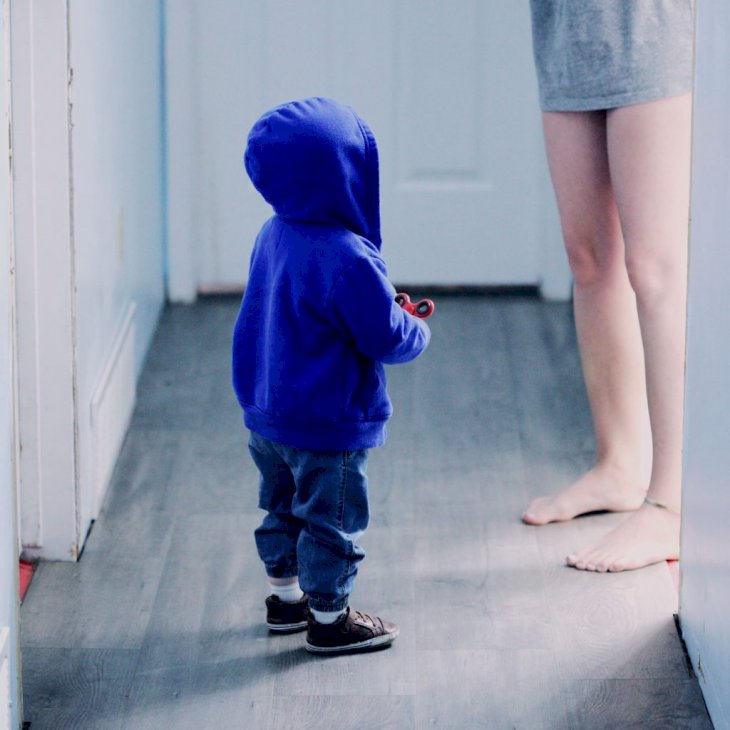
Photo by Sharon McCutcheon on Unsplash
With the neediness, the co-dependent develops from their abuser comes the search for emotional attention and validation. Because you were neglected as a child or only received negative attention, it becomes natural to actively seek it out because you were deprived of it as a child.
You Were Ignored

Photo by ?? Janko Ferlič on Unsplash
Verbal abuse is the most obvious form of emotional abuse, but less obvious is being ignored or ostracized. If you used to be excluded by your parents, this could reflect your adulthood and might feel not OK or inadequate.
You Were Constantly Compared to Other (Especially to Your Siblings)
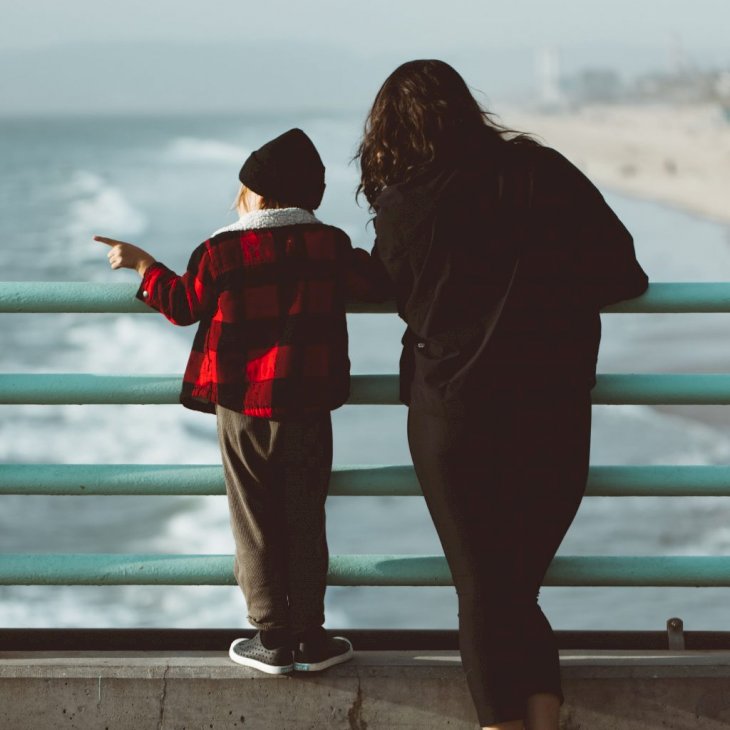
Photo by Nathan Dumlao on Unsplash
Your emotionally abusive parent might have compared you often time to other kids, mainly your siblings. If you are the scapegoat child, the abusive parents highlight your weakness instead of your strengths, measuring you up with the others.
It Was Always Your Fault
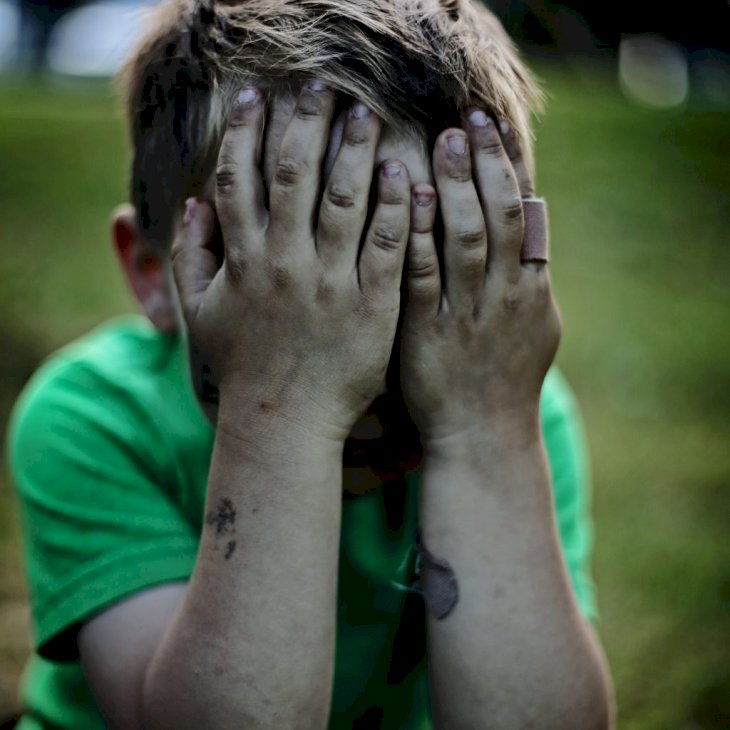
Photo by Ksenia Makagonova on Unsplash
The abuser wants to make you feel that almost everything is your fault, so they want to blame you and make you feel guilty for things that aren't even related to you. So you may feel like you have to navigate a minefield and make sure nothing goes wrong — after all, if it does, no matter what, it's "your fault."
You Have No Privacy
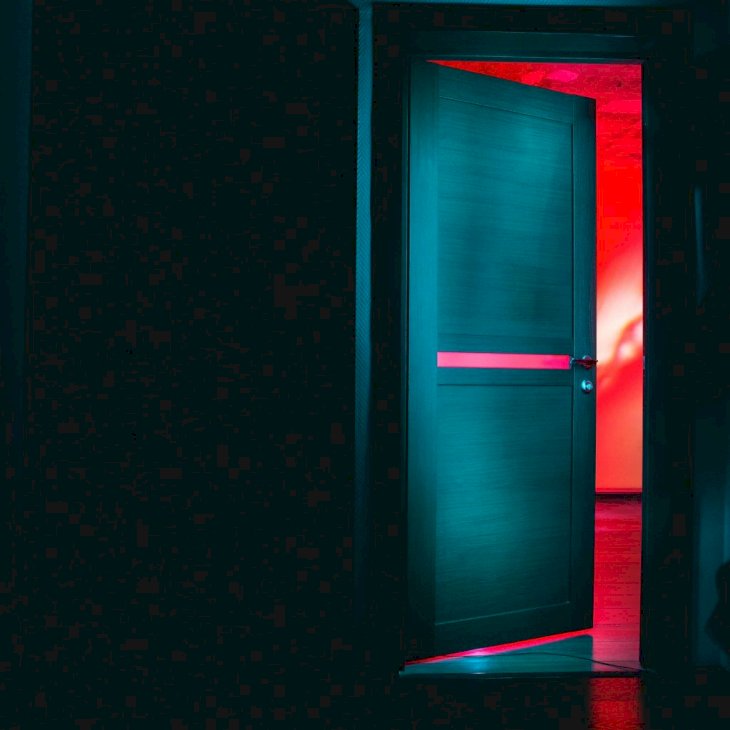
Photo by Dima Pechurin on Unsplash
An abusive parent doesn't respect their children's boundaries, so they constantly invade their privacy. A parent may 'snoop' in your computers or cell phones or check journals or calendars to find information about the child being 'sneaky' or 'suspicious'.
Your Parent's Affection Was Given Under Certain Conditions

Photo by Simon Rae on Unsplash
Sometimes, the abusive parent will only show affection and love under certain circumstances — for instance; they would be nice to you if you perform well at school, in sports, etc., so you were left with high pressure and scrutiny.
You Were Constantly Criticized

Photo by Luis Galvez on Unsplash
Humiliation, criticism, name-calling, belittling your accomplishments. It might feel like no matter what you do; the abusive parent will never be 'satisfied' or happy for your achievements. In some cases, they might say it means nothing, or they may even claim responsibility for your success.